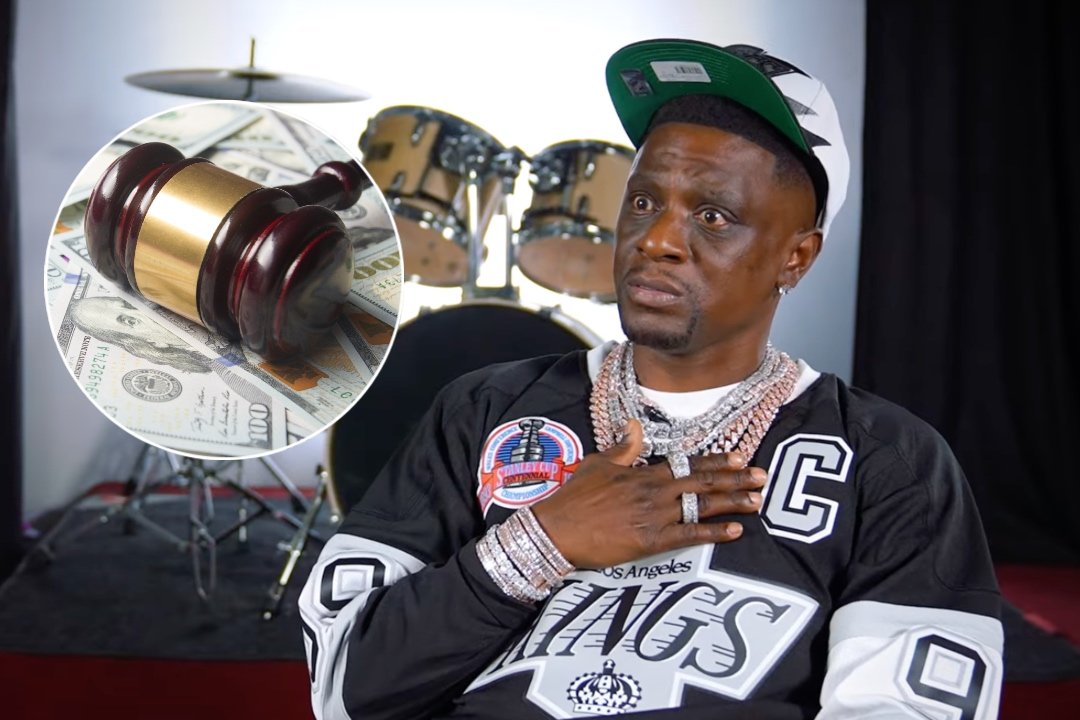Louisiana rapper Boosie Badazz, known for his unfiltered and candid expressions, recently shared an unconventional perspective on his daughters' relationships. In a statement that has stirred both intrigue and controversy, Boosie stated that his daughters' boyfriends have his permission to cheat, as long as they're not hitting on his daughters. This unorthodox viewpoint has sparked discussions about parenting styles, boundaries, and the dynamics of father-daughter relationships.
Boosie's public statement reflects a departure from traditional and often protective attitudes that fathers may adopt when it comes to their daughters' romantic relationships. By allowing a level of freedom that many would consider unusual, Boosie opens the door to conversations about trust, communication, and the evolving dynamics between fathers and their adult daughters.
The rapper's perspective may raise eyebrows, with some questioning the message it sends about commitment and fidelity in relationships. On the other hand, Boosie's stance challenges societal norms and prompts a deeper examination of the role parents play in their children's romantic lives.
Boosie's commentary also taps into broader discussions about parenting styles and the balance between protecting one's children and allowing them the autonomy to make their own choices. The rapper's approach, while unconventional, may be rooted in a desire to prioritize open communication and trust rather than enforcing strict rules.
As reactions pour in from various corners, the incident raises questions about the boundaries between parents and their adult children. How much influence should parents exert over their children's romantic lives, and where should the line be drawn between guidance and interference?
Boosie's unfiltered take on his daughters' relationships invites a reflection on the evolving nature of family dynamics in contemporary society. The rapper's approach, though unconventional, sparks conversations about individual autonomy, mutual respect, and the complex journey of navigating parenthood as children transition into adulthood.
Ultimately, Boosie's statement serves as a talking point, urging individuals to examine their own beliefs about parenting, relationships, and the delicate balance between protecting loved ones and allowing them the space to make their own choices.










